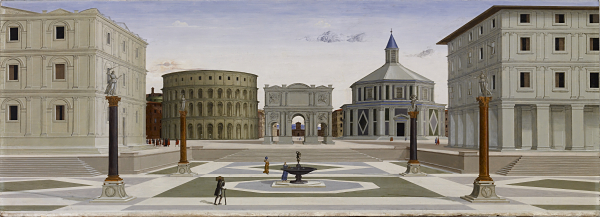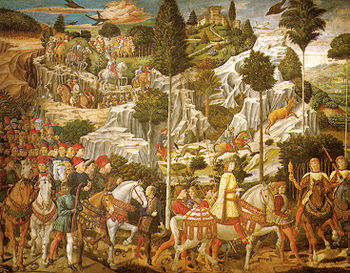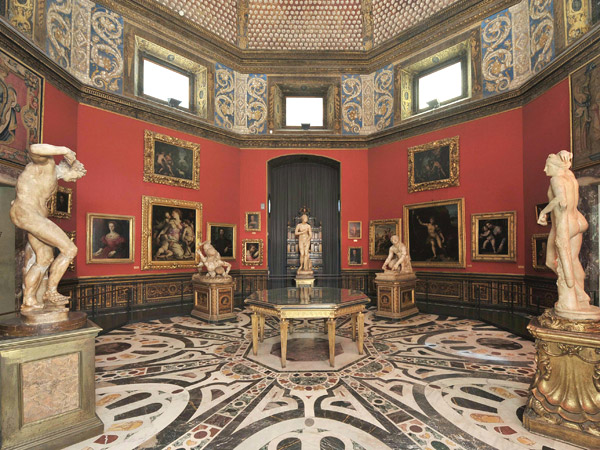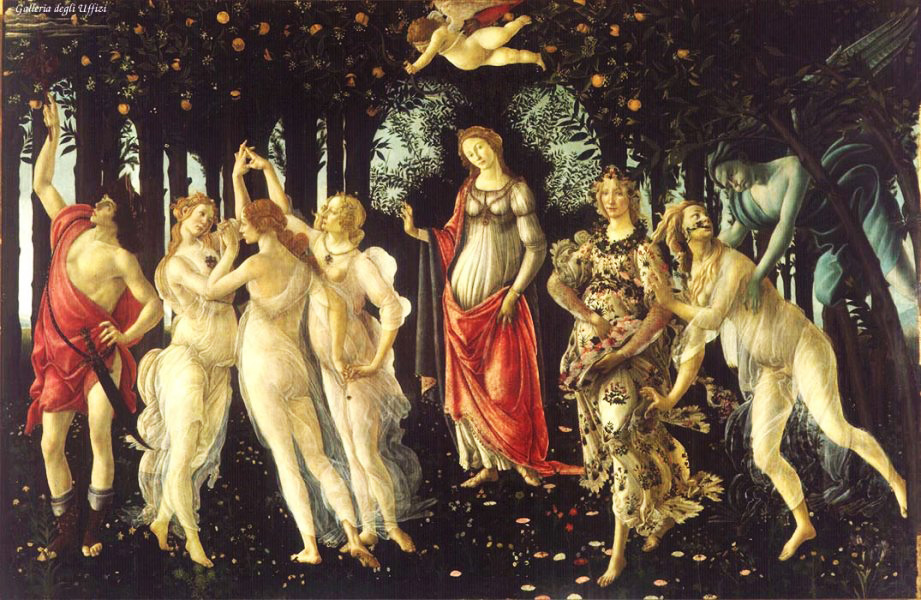The Eko station in Polykastro, Greece, has all the amenities of your run-of-the-mill gas station. Outside, pumps and picnic tables. Inside, a deli counter, an arcade claw machine full of toys and a minimart that sells snacks and sodas. Adele's "Someone Like You" plays in the background. But this roadside hub isn't like any of the other 91 Eko stations in Greece. Until last month, it was home to 3,000 migrants in a makeshift refugee camp. Now it's a ghost town. The stretch of land just past the gas pumps is deserted, but the signs that it was once a community of sorts remain. Abandoned canvas tents, made with white beams of wood that look like tree branches, were constructed by aid groups. Old camping tents line the road. We walk among sprawling piles of trash bags and old clothes -- a Disney blanket hanging from a fence, empty cans of baby food, packaging from a solar smartphone charger.
There are flies everywhere, More than 3,000 migrants once lived in a makeshift camp at this Eko station outside Thessaloniki, in northern Greece, Now only abandoned tents remain, A stout woman named Deseina stands inside the Eko station, near the counter, We ask her about the refugees, "Sit," she says, putting her hand on my shoulder and gesturing toward a table and chairs, I know I'm in for a iphone case zadig & voltaire long tale, Deseina doesn't speak much English, so she goes into the back room to get her colleague Alexa to translate for us, Deseina won't let us take her photo..
The station is just a few kilometers from Idomeni, an unofficial refugee camp near the Macedonian border that was shut down in May. Before that, it had attracted so many refugees -- more than 8,000 when it closed -- that people began looking for other places to live. The camp also had a reputation for being dangerous, very dangerous. Even aid workers were leery of spending the night there. So throngs of refugees and migrants decided to stop short of Idomeni and set up camp at the gas station. Eko's corporate office didn't respond when we asked them to comment on the unexpected guests.
Refugees would sometimes get into fights, Was there ever stealing? "Yes, of course!" says Deseina, "Many children, They take things and run, We run behind them!" The people living there stole mostly candy or cigarettes, But it's not like the Eko crew didn't benefit from the steady stream of customers, After leaving the Eko station, we learned that refugees bought food and other supplies, And according to one aid group, management charged 4 euros (or about $4.50) for a 15-minute shower, and 1 iphone case zadig & voltaire euro to charge a phone, That last fact alone underscores the importance of tech in this crisis..
If you stop to think about it, Eko really is just one big recharging station. -- Richard Nieva. A large faded ad for Olympic Airways is plastered on a building at Ellinikon International, Athens' former airport. It's a giant picture of gold-rimmed, circular glasses and it seems like something out of "The Great Gatsby," where an uncannily similar billboard, often interpreted as the eyes of God, overlooks the Valley of Ashes. The airport closed in 2001 but has since become an unofficial refugee camp. Inside a small blue tent, Saeed Sultani shares his story. He's a goldsmith from Kandahar, Afghanistan, who came to Greece with his wife and 4-year-old daughter four months ago. He points out the squalid conditions.



